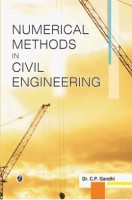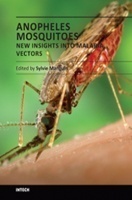Experimental Organic Chemistry by Sonia Ratnani, Shriniwas Gurjar
Book Summary:
Primarily intended for the undergraduate students of science, the book deals with the practical aspects of organic chemistry and discusses how experiments should be done in the laboratory.
The book introduces the various types of components used in laboratories and describes basic techniques used for purification. It elaborates different methods of identification of organic compounds, their preparation, and analysis. In addition, it emphasizes qualitative analysis of organic compounds. The book contains essential experiments done in an organic lab and also explains the theoretical background of reactions involved.
This book is an attempt to provide students with the often used methods in an easy to understand manner, including explanations of theory, procedures and interpretations of results of the experiments.
Besides undergraduate students of science, this book is also useful for the postgraduate students of chemistry.
Audience of the Book :
This book Useful for B.Sc. and M.Sc. Student
Key Features:
1. Includes reaction mechanism of each reaction
2. Describes in Appendices safety measures to be taken in laboratory and how to prepare chemical reagents
3. Contains self assessment questions at the end of each chapter.
Table of Contents:
Preface
Experimental Organic Chemistry
1. ORGANIC CHEMISTRY LABORATORY: AN OVERVIEW
2. SEPARATION AND PURIFICATION TECHNIQUES
3. ORGANIC PREPARATIONS
4. QUALITATIVE ANALYSIS OF ORGANIC COMPOUNDS
5. CHARACTERISTICS OF SOME ORGANIC COMPOUNDS
Appendix I: Rules of Safety in the Chemistry Laboratory
Appendix II: Preparation of Chemical Reagents
Viva Voice Questions (with Answers)
Index


















